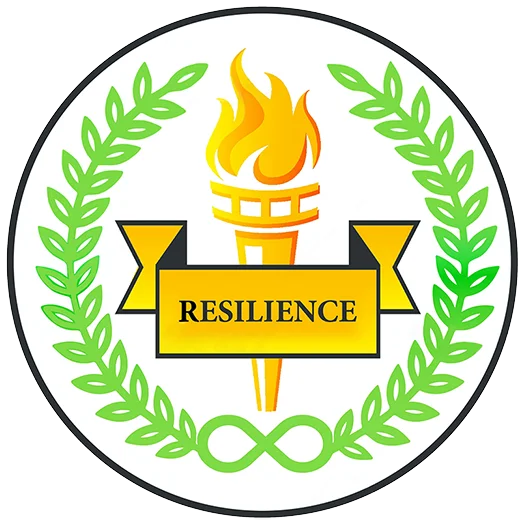Artificial Intelligence Curriculum
With AI (Artificial Intelligence) rapidly getting more powerful and practical every day, it is important that students learn at a young age what it is and how to use it. Resilience offers K-12 curriculum for AI so that students can use it as a tool to help them in multiple aspects.
Why Teach AI to K–12 Students?
As artificial intelligence reshapes our world, equipping young learners with foundational AI skills ensures they understand, use, and innovate with it responsibly. Early exposure builds problem-solving, computational thinking, and ethical awareness.
🌱 Builds digital literacy early
🧠 Encourages critical and creative thinking
🛠 Equips students for future careers

Grades K-3
Basic tech literacy, pattern recognition, simple AI concepts (e.g. “smart assistants”)
Recognizing patterns and sequences
Introduction to “smart” devices
Story-based learning around AI concepts
Activities like “Which Object is Smart?”
Grades 4-6
Intro to algorithms, decision trees, data basics, fun AI games
Understanding basic algorithms
Sorting and decision trees
AI in daily life (e.g., recommendation systems)
Creative AI games and unplugged activities
Grades 7-9
Machine learning concepts, data ethics, real-world AI tools
Introduction to machine learning
Image and speech recognition projects
Data privacy and security basics
AI & society: pros and cons
Grades 10-12
Hands-on AI projects, Python basics, model training, AI & society discussions
Hands-on with Python and AI tools
Training simple models using real data
AI for social good
Debates on ethics, bias, and the future of work
Lesson Plans
Ready-to-teach lesson outlines for every grade level, aligned with national standards.
Video Lessons
Engaging instructional videos that introduce core AI concepts in a fun, visual format.
Student Activities
Interactive worksheets, group projects, and hands-on tasks to reinforce learning.
AI Games
Educational games that help students explore AI principles through play.
Teacher Guides
Comprehensive support materials to help educators confidently teach AI topics.
Assessment Tools
Rubrics, quizzes, and reflection prompts to track student progress and understanding.
